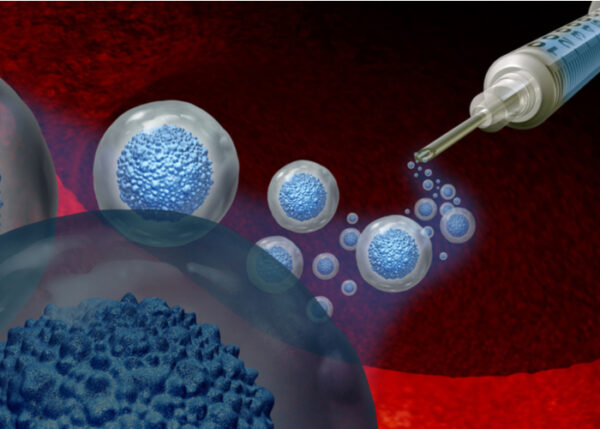Is Cell Treatment Effective?
There has been a lot of talk about the potential of stem cells to treat many medical
conditions bruglermarketing. But, as with many new medical treatments, it’s still unclear whether or
not cell treatment is effective.

A number of studies have looked at the effects of stem cells in people with chronic
diseases and serious injuries. Some patients have experienced improved symptoms,
but others have seen no improvement or even a decrease in their condition.
Stem cells have been a topic of discussion for many years now, as researchers try to
understand why they can improve some conditions and not others. Some of the
most popular applications of stem cells include treating cancers, autoimmune
disease, bladder problems, spinal cord injury, and other medical issues.
One of the most promising areas of research is in the field of cellular
immunotherapy, which uses your own immune cells to fight disease. These
specialized T cells are called CAR T cells and have already shown great promise in
treating some types of blood cancers.
The main challenge in bringing these therapies to more patients is finding molecules
that mark solid tumors. This is particularly challenging for childhood cancers
because tumor cells and healthy cells share many of the same molecular tags.
In order to combat this challenge, researchers are working to identify and develop
cancer-specific molecules that will let T cells target the cancer. The hope is that
these new molecules will make CAR T cells more effective in people who have
treatment-resistant tumors.
For some patients with a rare form of blood cancer, chimeric antigen receptor (CAR)
T cell therapy has helped control their disease. This treatment involves taking a
small amount of your own T cells and changing them so they can recognize and
attack your tumor. The chimeric antigen receptors are engineered to look for and
identify cancer-specific molecules on your tumor cells.

Another promising area of research is in regenerative medicine, which uses stem
cells to restore damaged tissues and organs. This could lead to treatments that slow
or reverse the deterioration of neurons in brain and spinal cord disorders like
Alzheimer’s and Parkinson’s, for example.
Other possible regenerative treatments include rebuilding ligaments that have been
damaged by sports, such as the ACL or rotator cuff, and treating bone fractures in
osteoarthritis, which can cause joint pain and stiffness. These therapies are
undergoing clinical trials and may be available in the future.
If you’re interested in a regenerative treatment, your doctor will likely talk to you
about how it works and what kinds of risks and side effects are involved. Then,
they’ll decide if it’s right for you.
A major concern about regenerative therapies is that they can cause infections at
the site of the treatment, especially when the treatment is done by an unqualified
clinician. However, this risk is relatively rare and rarely occurs when a professional
team is providing the treatment.
The FDA has been increasing its regulations to help protect consumers from rogue
clinics offering unproven treatments, which can be unsafe and potentially harmful.
The agency is now requiring all medical providers who are using regenerative
therapies to register their practice and get a license from the FDA. It is also
encouraging doctors to use regenerative therapies only when it makes sense to do
so and only after a thorough review of the potential benefits and harms associated
with the treatment.

